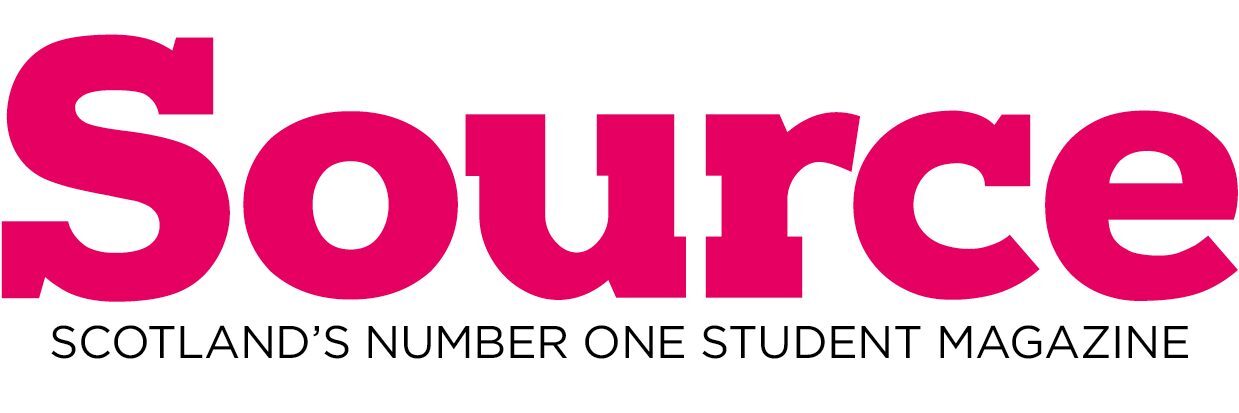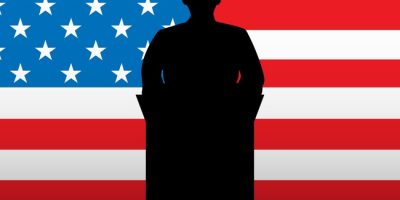Although history tells us that your best shot of being President is to first be a teacher, lawyer, soldier, business-person, career politician or all of the above (like the very first president, George Washington) a handful of Commanders-in-Chief, including the newly re-elected President Obama, reached the Whitehouse via less well-trodden career paths, demonstrating that someone from almost any job can end up as the most powerful person on the planet (although you do have to be born in America, which rules out most of our readers…)
1. Barack Obama – Community Organiser
We’ll start with the current supremo. Although old Barry (as I imagine his friends call him) eventually lawyered up like so many of his predecessors, his first job after college was a community organiser in Chicago. “What’s a community organiser?” I picture you all asking in robotic synchrony. Well, a community organiser (spelt with a ‘z’ in American English – weird) is somebody who mobilises people who live into the same area into a kind of pressure group to campaign for social change. This is a massively important job because people in some communities, particularly deprived areas, don’t often have the knowledge, resources or inclination to take collective action against social injustices as a community, meaning that help from educated, articulate and forceful characters like Barack Obama and other community organisers throughout history, most notably Dr Martin Luther King Jr, can be hugely influential in reforming society. Having done this job and come into contact with some of the forgotten people of modern America, Obama decided to prioritise the under-privileged over the rich through support for social welfare and universal healthcare.
2. John F Kennedy/Warren Harding – Journalist
While journalism may not seem an unusual path into politics, there is a certain irony in the fact that presidents probably spend about a third of their time in office battling against criticism from the media. Another of the most famous presidents, John F Kennedy, was a hack at the Chicago Herald-American before entering the Whitehouse, covering the UN for a short time in 1945, including tensions between the US and the communist Soviet Union. Again, this was clearly a formative experience for JFK; during his presidency he was at one point only hours away from starting a war with the Soviets that could have plunged the world into nuclear Armageddon However, his time reporting obviously hadn’t dissuaded him from taking part in international diplomacy and in the end he decided against nuclear war, a decision which apparently didn’t satisfy the bloke who shot him dead two years later. Strangely enough, Warren Harding, one of the other six presidents to die in office, was a far more successful journalist than he was a politician.
3. George W Bush – Baseball Team Chairman
Before embarking on a career as the world’s most successful pantomime villain (who moonlighted as a politician), Bush was the owner of the Texas Rangers baseball team. True to the tactics he carried into the hot seat, this job essentially involved him swindling money from rich friends to get what he wanted, digging the club into a financial hole and then abandoning it for somebody else to clean up his mess. Still, at least he didn’t bomb the Oakland Athletics.
4. Herbert Hoover – Mining Engineer
Going back all the way to the nineteenth century, Herbert Hoover worked as a mining engineer bringing mining infrastructure to Australia and China as part of his work mining gold and zinc for a variety of companies. This experience has an impact on his presidency as he prioritised modernising American infrastructure and cultivating positive foreign relations above all during his time in DC.
5. Jimmy Carter – Peanut Farmer
Though Carter’s father was a relatively successful farmer himself, his ardent belief in the fair redistribution of wealth meant that on his death Jimmy Carter has to start the business again almost from scratch. It was during this time in relative poverty (he is the only president to have lived in the American equivalent of a council house), he came to value knowledge and learning over ruthless, self-serving business etiquette and, using his expertise in science and technology, went on to build a successful peanut farming business in his own right. Although only a couple of places above Bush in the presidential success leagues, he garnered a reputation as a fair and compassionate Democrat, sympathetic to the causes of ordinary Americans, as well as businesses, leading The Independent to describe him as ‘a better man than he was a president.’
6. Ronald Reagan – Actor
Widely considered the most successful Republican President since the Second World War (admittedly against some pretty inept competition), Reagan started out life acting in films and television in Hollywood. Though his acting skills were roughly on a level with the only other Tinseltown resident to go on to become Governor of California, Arnold Schwarzenegger (ie non-existent,) Reagan was an immensely successful head of the Screen Actors Guild where his advocacy of individual rights in the face of constant government interference in the workplace (the FBI were convinced that Hollywood was riddled with Communists…) sowed the seeds for his policy as President of protecting the individual from state regulation, particularly in financial terms, a policy now much admired by Conservatives known as ‘Reaganomics’. He was also known as an FBI informer with a deep-seated suspicion of communism, which persisted right through to his personal push to dissolve the Soviet Union and the famous quote: “Mr Gorbachev, tear down this wall.”
7. Theodore Roosevelt – Cowboy
The oldest of all the presidents in this article was also perhaps the coolest of the lot. Having spent some time as a politician, Theodore Roosevelt decided to retire to North Dakota to run a ranch unaware that little more than a decade later he would be President of the United States. This had a profound influence on his presidency, with his experiences out West prompting him to introduce laws on the hygienic production of food. He also signalled his support for rule of law over vigilante justice when, after hunting down a band of thieves, he single handedly dragged them back to his town over a course of three days, instead of just executing them as was common practice in the Old West. When he returned to public life, he was an ardent proponent of justice and fairness over the kind of dog-eat-dog world that had been the USA beforehand, all from a few years hunting down bandits in the Badlands of the Wild, Wild West. That, my friends, is one cool route to becoming president.
From this cross-section of men who went on to rule the world, we can see following any career path passionately can result in almost unlimited success and that anyone who feels that they need to do the hardest course at the best uni, or start the most powerful conglomerate in the market because ‘that’s what winners do’ should just stick to what they’re good at see where it leads.

